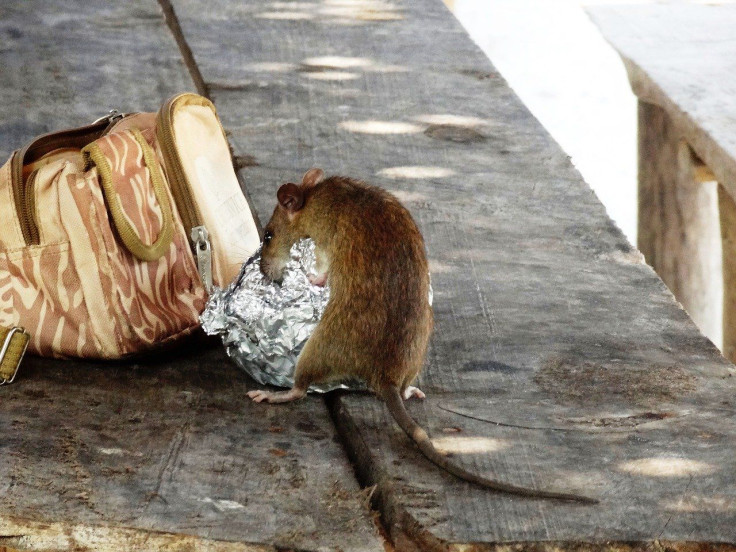Bubonic Plague: China Seals Off Inner Mongolia Village After First Death Reported
KEY POINTS
- Inner Mongolia’s Suji Xincun village was sealed off after first death from bubonic plague
- The patient died of circulatory system failure
- All the villagers have tested negative for the disease so far
Authorities in China’s Inner Mongolia have sealed off a village after a resident there died of bubonic plague, marking the first death and second case in the region.
The outbreak was first discovered in the Inner Mongolian city of Bayannur, leading to the issuing of a citywide level 3 warning. The warning was scheduled to be in place until the end of the year.
According to a statement by the Baotou Municipal Health Commission, the patient died of circulatory system failure. It was, however, not revealed how the man contracted the disease. The death was first reported to the officials Sunday, Aug. 2, and it was confirmed to be a case of bubonic plague Thursday.
Authorities shut down Suji Xincun village, where the deceased patient lived, ordering daily disinfection of homes to quell the further spread of the disease that has a history of killing over 12 million people between 1855 and 1960 in China and India after giving rise to a deadly pandemic.
All villagers have so far tested negative for the virus. 9 close contacts and 26 secondary contacts of the patient were quarantined and their reports returned negative, according to the statement. Damao Banner, a district in which the village is located, has been placed under a level 3 alert, the second-lowest in a four-level system, until the end of the year.
Bubonic plague, which is one of the plague’s three forms, is known to occur in large burrowing rodents that live in the Asian grasslands, including portions of Mongolia, northwest China, and eastern Russia.
The Bubonic plague patients are likely to have painful, swollen lymph nodes, while also experiencing fever, chills, and coughing in the wake of the disease. Modern antibiotics can help cure the complications provided they are administered on time.
Bayannur health authorities had in July urged residents in the region to avoid hunting, skinning, or eating animals that are known to carry bubonic plague, and to take extra precautions for minimizing the risk of human-to-human transmission.
The World Health Organization (WHO) said the bubonic plague was never eliminated entirely and thus categorized it as a re-emerging disease.

© Copyright IBTimes 2024. All rights reserved.






















